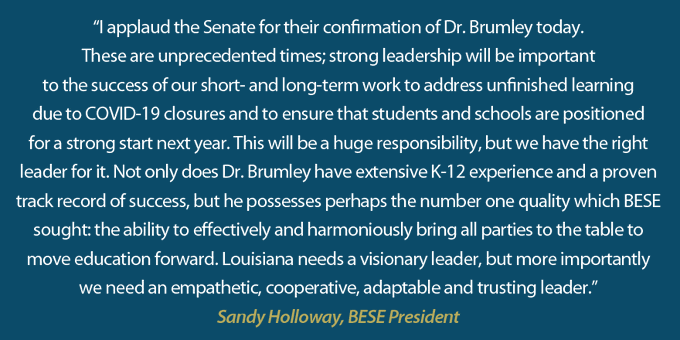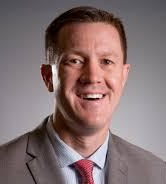An Enrollment Crisis Is Coming for School Districts
If even a small number parents choose not to send their kids back to traditional schools in the fall, it could trigger a massive funding crisis and sever the longtime link between neighborhoods and schools.
Deep down in their May 18 letter to lawmakers warning that they could not “in good conscience” return
students to the classroom if the state follows through on proposed budget
cuts, superintendents of the six largest school districts in the state also
requested a change.
They asked lawmakers to “authorize school districts to earn average daily
attendance using a three-year rolling average of ADA.”
Right now, schools are mostly funded using average daily attendance
calculations. Each student carries with them a number. If they go to school,
that school and school district gets their funding. Districts care deeply
about getting kids into classes not only because of their commitment to
learning, and their mission, but because funding doesn’t come if they don’t.
If students go to charter schools, they take that funding with them and some
of those charter schools aren’t part of the districts. Last year, we helped
uncover one of the biggest fraudulent manipulations of this average daily attendance system in the state’s history.
So, in that letter, the districts were asking that the state protect them
from what could happen to their funding not from the budget cuts but from
the loss of students they may experience. It was a subtle acknowledgement of
a real nightmare in the works for them.
An enrollment crisis is coming.
If even 5 percent or 10 percent of parents don’t send their kids to
traditional schools this year, it would deliver a massive funding crisis for
schools that have already been grappling with enrollment declines. The deadline to lay off teachers has already passed. It is difficult to
imagine how they can rearrange and cut costs swiftly enough to absorb the
change. Especially with increased costs to deal with the health crisis on
the horizon.
But the enrollment crisis is coming.
The San Diego County Office of Education is advising districts to prepare
for parents who are CONTINUE READING: An Enrollment Crisis Is Coming for School Districts - Voice of San Diego




























 I’m honored, humbled, & downright excited to become Louisiana’s State Superintendent of Education. I appreciate
I’m honored, humbled, & downright excited to become Louisiana’s State Superintendent of Education. I appreciate 


